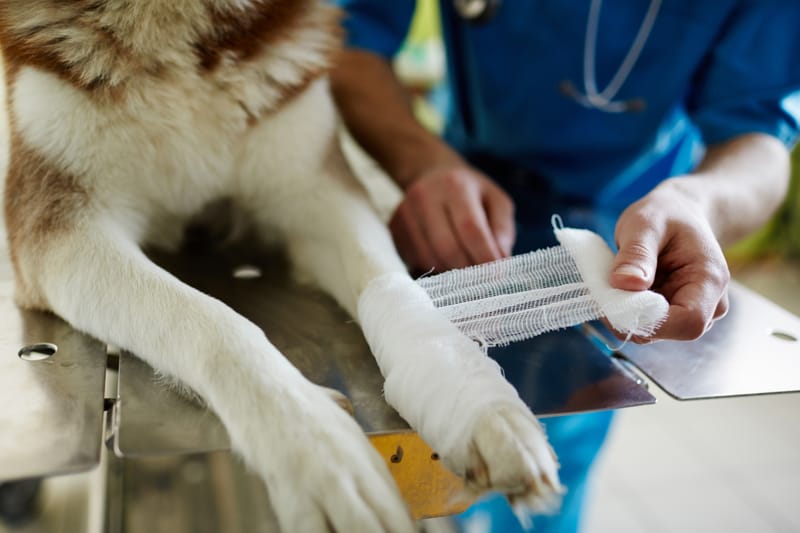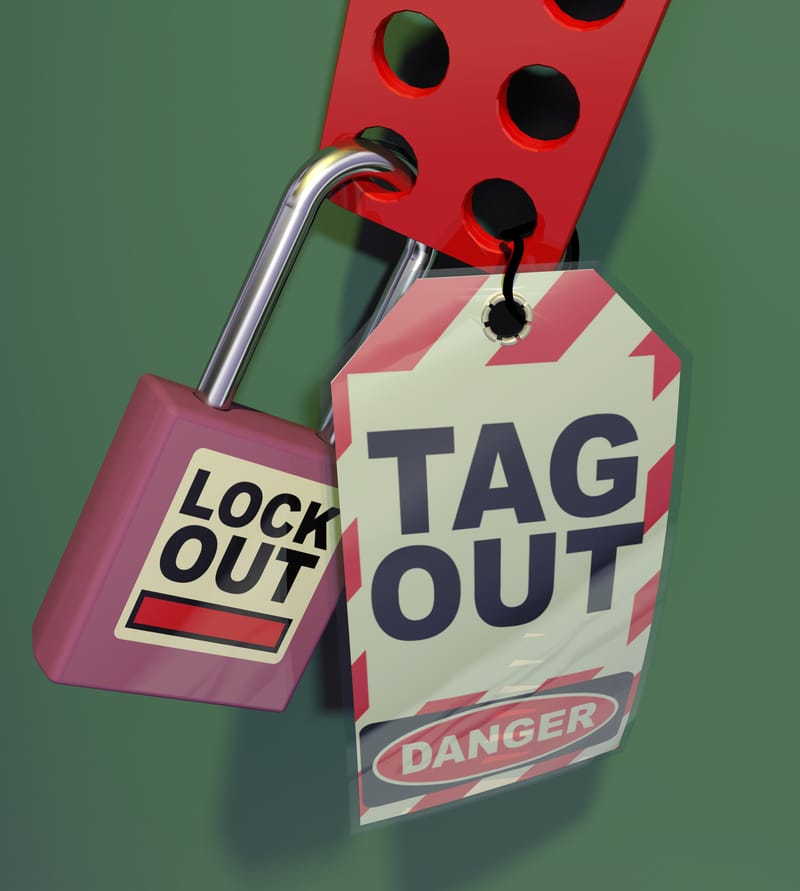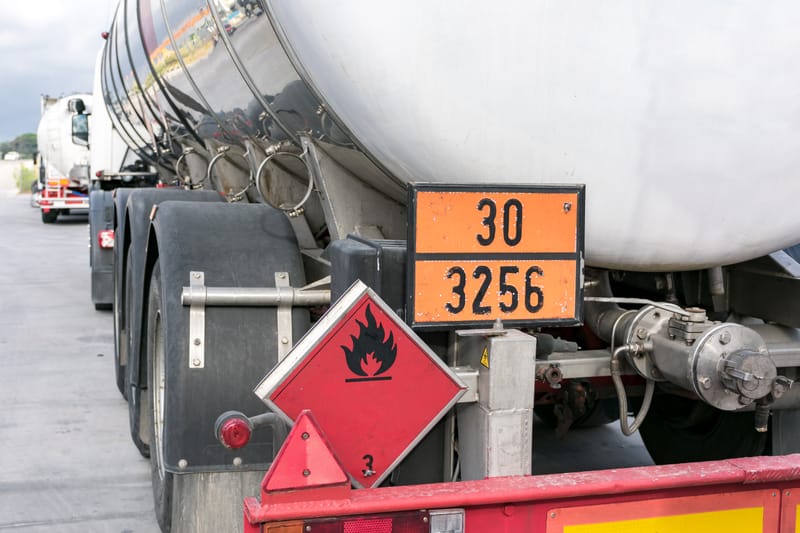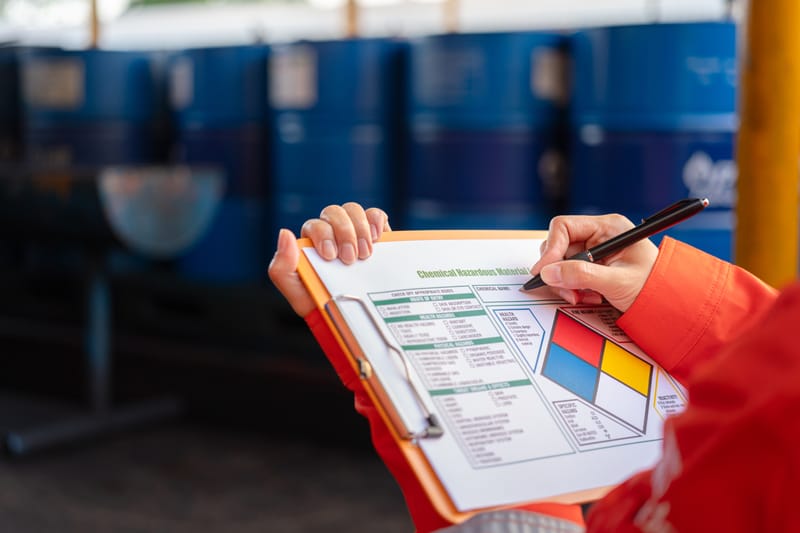Online Courses

First Aid for Dogs & Cats
Do you want to be the hero your pets deserve? As a cat or dog owner, you know how important it is to keep your furry friends safe and healthy. But what if an emergency happens? Would you know what to do? The First Aid for Dogs and Cats online course teaches you the essential skills to care for your pets in emergencies. From handling choking incidents to recognizing the signs of a seizure, this course gives you the confidence to act quickly and effectively, ensuring your pets are always in good hands. The Red Cross pet first aid course you were looking for!

First Aid for Opioid Poisoning
Canadian Red Cross Opioid Harm Reduction training aims to reduce opioid-related deaths by eliminating stigma, promoting helpful behaviors, and training on how to administer naloxone. Your support is crucial in making this vision a reality. Act now!

Psychological First Aid – Self-Care
Welcome to our Psychological First Aid – Self-Care course, where you will embark on a journey of self-discovery and empowerment. You will explore the depths of your own resilience and learn how to harness it to overcome life's challenges. Throughout the course, we will not only delve into the complexity of stress and its impact on your life but also equip you with practical tools to manage and conquer it proactively. You will build a personalized self-care plan that will serve as your compass in navigating the often-tumultuous experiences that life brings. Join us on this empowering quest to unlock your inner strength, support your mental well-being, and emerge as a more resilient, confident, and self-assured version of yourself. Your journey to prioritize self-care begins here.

Psychological First Aid – Caring for Others
Offering a helping hand with understanding and sensitivity is invaluable in managing everyday stress. The Psychological First Aid – Caring for Others course equips you with the skills to recognize when someone is struggling and to extend assistance with compassion and respect. With the Psychological First Aid – Caring for Others course, you develop skills to support and care for others and help them to strengthen their resilience. By starting with self-care, you develop your ability to be there for family and friends during tough times. Enrol now to become the trusted ally everyone hopes for and make a difference that counts!

Bloodborne Pathogens
What will you learn? How to prevent occupational exposure and respond effectively in case of exposure. Gain the knowledge and skills you need to stay safe and healthy on the job. Who is this course for? People who might get exposed to blood and body fluids while doing their job. For example, healthcare professionals, emergency responders, public safety workers, laundry and housekeeping staff and related professionals.

Bear Aware: Travelling in Bear Country
What will you learn? You will learn about bears, their habits, and behaviours, how to prevent bear encounters and what you should do to increase your chances of survival in case of a bear encounter or attack. Who is this course for? Anyone travelling or camping in areas where bears may be present.

Bear Aware: Working in Bear Country
What will you learn? Safety procedures for personnel working in the field, proper protocols for setting up and maintaining a secure camp and general information about bears. Who is this course for? Anyone working in Bear Country.

Personal Protective Equipment Awareness
Personal Protective Equipment (PPE) Awareness explains the importance of PPE in protecting individuals from workplace hazards and describes the types of PPE that can be used in the workplace.

Confined Space Awareness
Discover the risks of working in confined spaces, learn how to control those risks, and understand the necessary documentation requirements.

Medical Terminology
The language of medicine, human anatomy and physiology. Analyze, understand, spell, pronounce, and read medical terms and abbreviations accurately.

H2S Awareness
H2S Awareness explains the properties of H2S, identifies control measures, and provides a practical description of what to do in the event of exposure.

Lock out/Tag out
Learn the basics of hazardous energy control: energy isolation, locking and tagging control devices, verifying de-energization, and clearing danger points before re-energizing equipment.

Transportation of Dangerous Goods
The TDG course covers the TDG Act and regulations, requirements for handling dangerous goods, and emergency response.

Transportation of Dangerous Goods- Energy Services
Transportation of Dangerous Goods (TDG) introduces participants to the TDG Act and regulations and explains the requirements for receiving, handling, transporting and shipping dangerous goods, as well as the appropriate response in emergency situations such as spills or accidents. TDG regulations require that, with few exceptions, all persons engaged in the handling, offering for transport or transporting of dangerous goods be trained in the aspects of handling such goods. The TDG for Energy Services course has been a collaborative effort of the Canadian Red Cross and the Canadian Oil and Heat Association (COHA). The course material has been reviewed and revised by an expert in association with COHA.

WHMIS 2015
WHMIS 2015 Online is based on the current 2015 legislation and meets the legislated requirement for general WHMIS training. It also includes information about WHMIS 1988 hazard classification, labelling and communication.